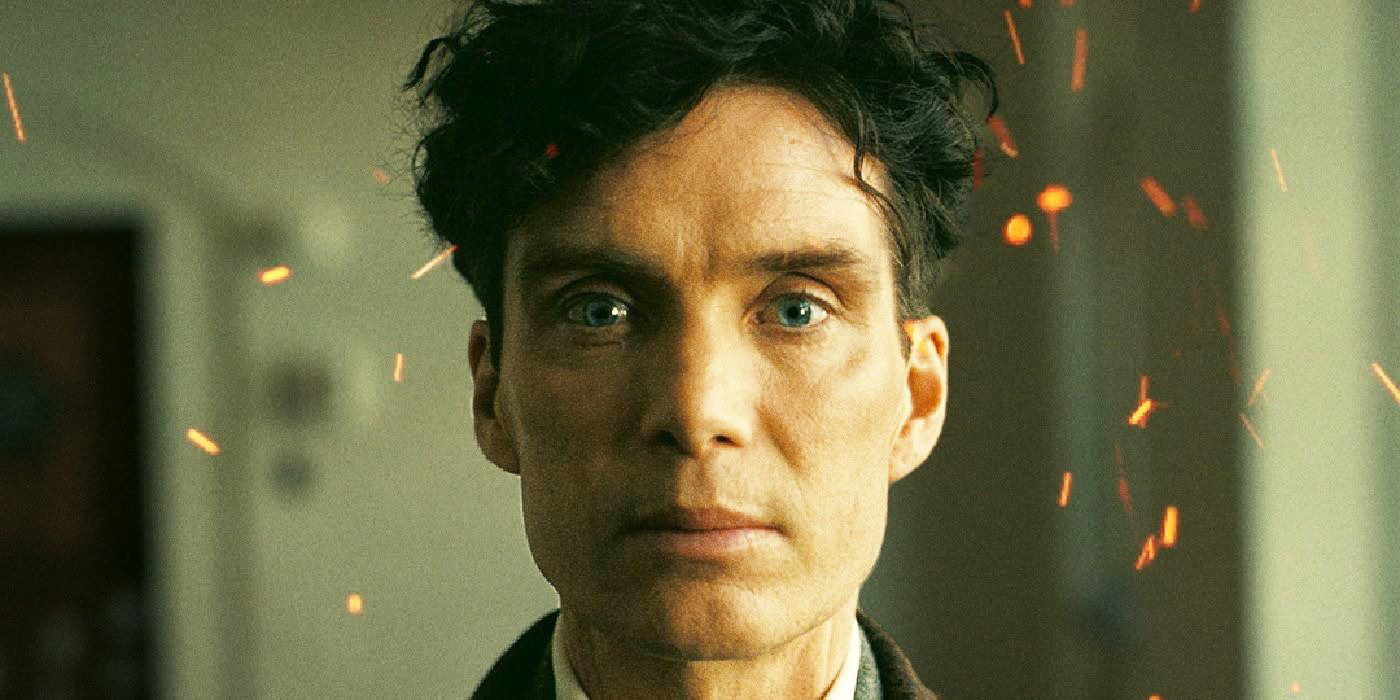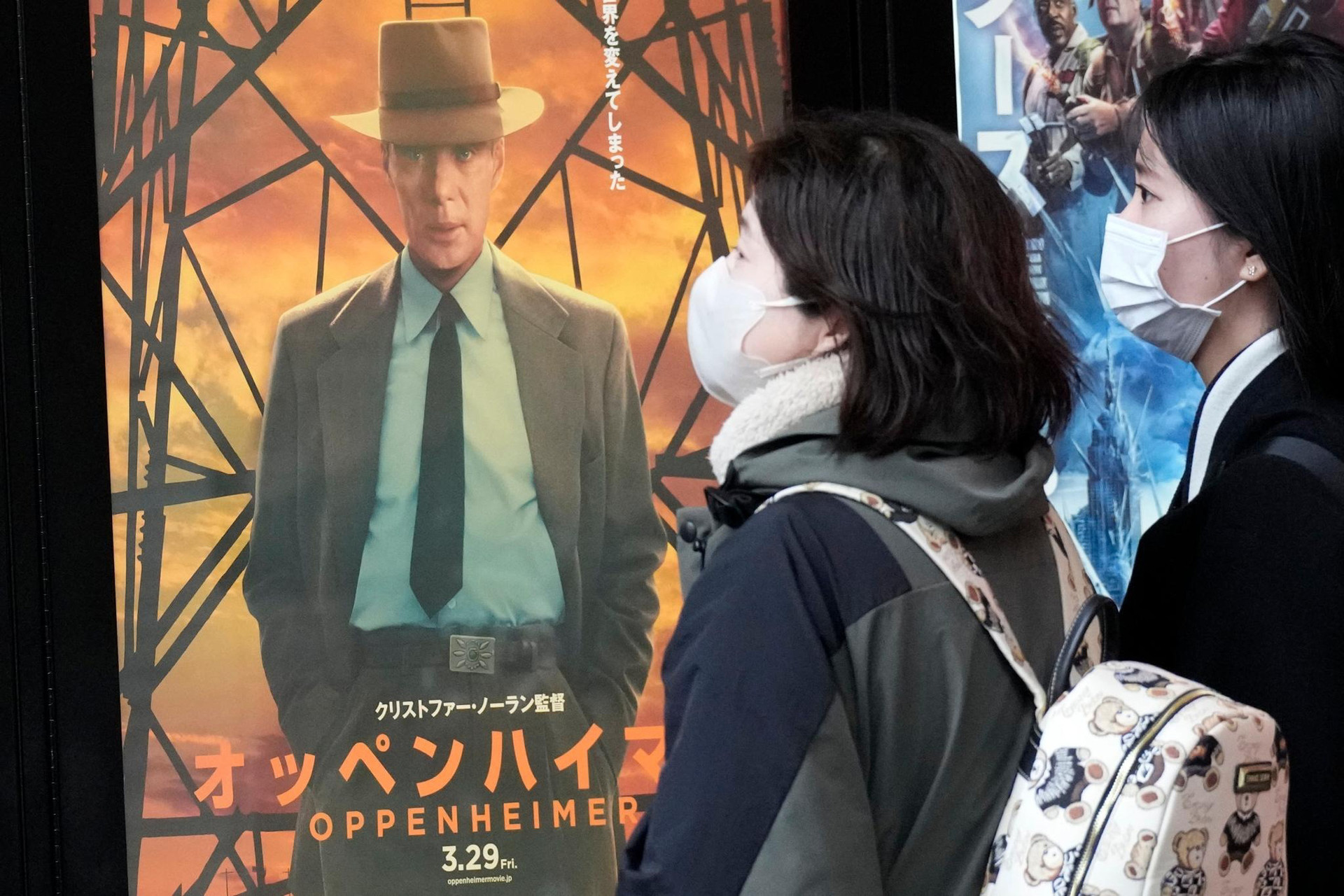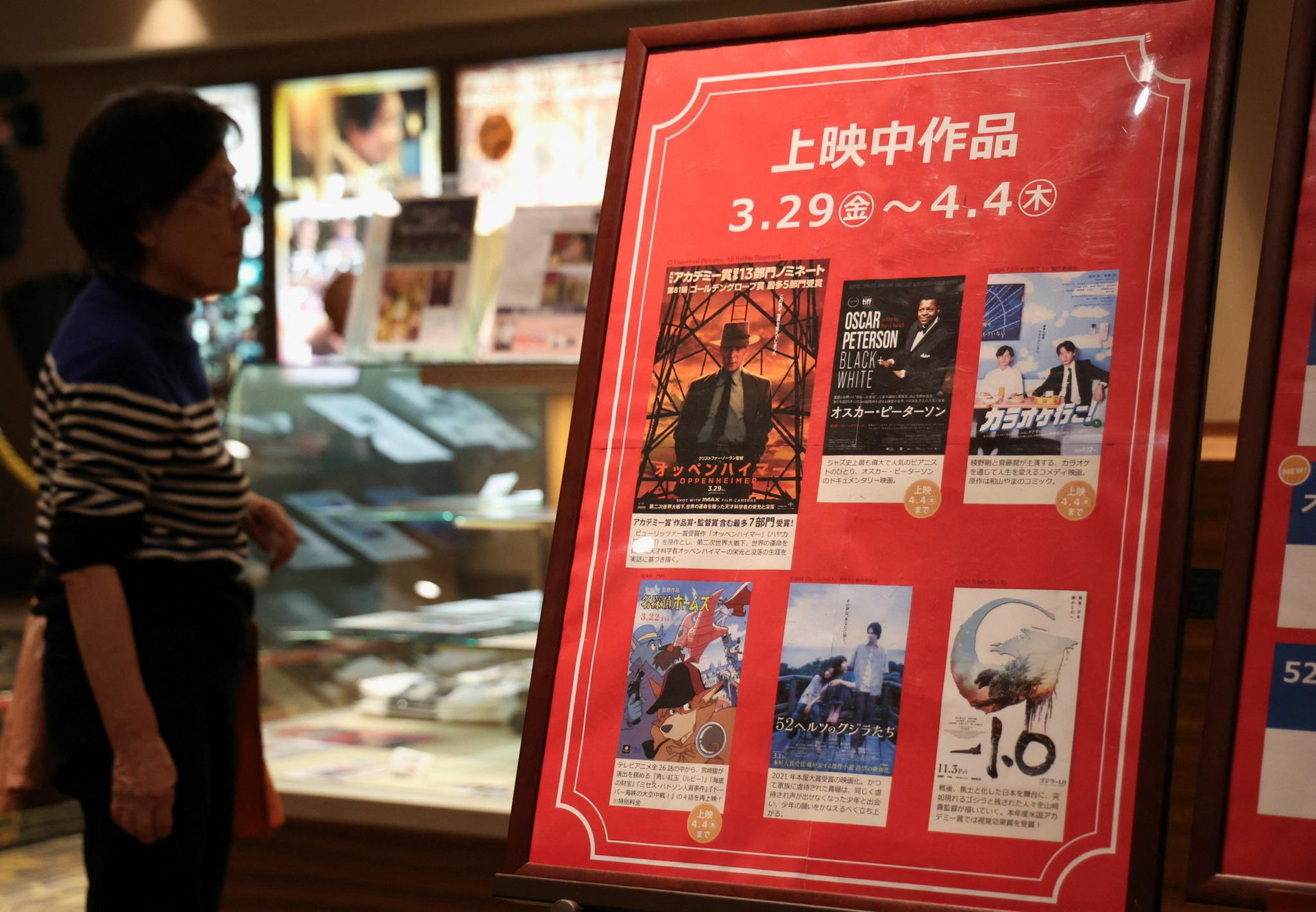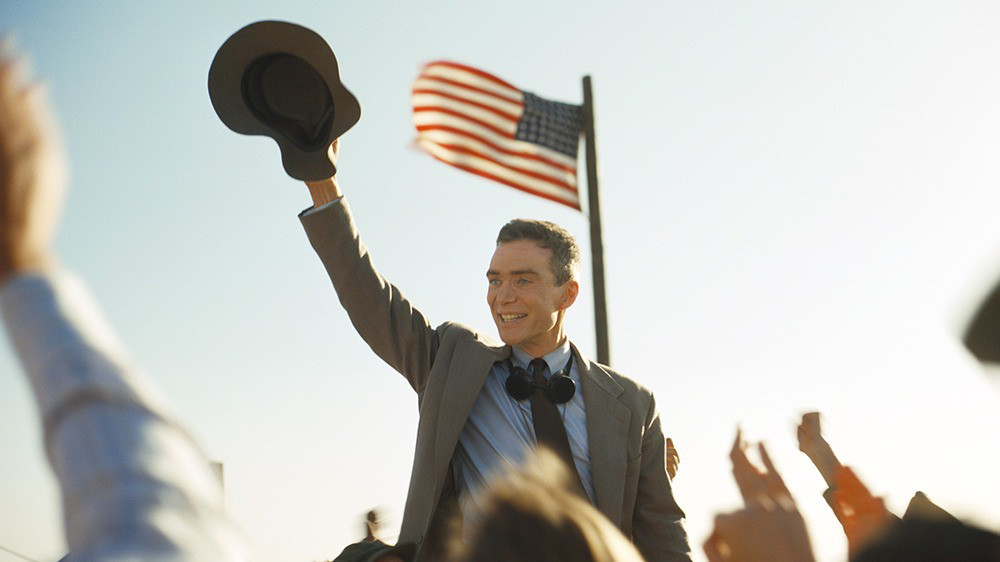Oppenheimer just hit theaters in Japan, eight months after the rest of the world. This is the only country to have suffered the consequences of nuclear weapons.

The bombing of Hiroshima and Nagasaki in 1945 has gone down in world history as an unforgettable memory. And for the Japanese people, the event will be forever etched in their memory.
Therefore, the reaction of Japanese public opinion toOppenheimerIt's also complicated, with empathy, debate, confusion, and frustration.
When it was shown in Tokyo, the distributor posted a sign at the theater entrance warning that the film contained images of nuclear tests - something that would probably be uncomfortable for the Japanese people.
March 31,VarietyNotificationOppenheimeropened to $2.5 million in Japan. The film ranked third at the Japanese box office behind two other domestic films.
According to Universal Pictures, this is the third-best opening for a Hollywood film in Japan in 2024, afterAquaman 2andDune: Part Two.
Sales in Japan also helpedOppenheimerreached $965 million worldwide. An impressive number for a three-hour, R-rated film.
It's not uncommon for a Hollywood movie to be released in Japan months later than the rest of the world. But this case is especially notable because it'sOppenheimer- The film has been controversial as to whether it should be banned in Japan or not.

Centered on American theoretical physicist J. Robert Oppenheimer (played by Cillian Murphy), the film recounts the creation of the atomic bomb, a weapon of mass destruction that was detonated in 1945 in Hiroshima and Nagasaki, killing hundreds of thousands of Japanese citizens.
Toho-Towa, the company that distributes most Hollywood films in Japan, has decided not to get involved.Oppenheimer.Last December, smaller distributor Bitters End picked up the film "after months of thoughtful dialogue regarding the subject matter."
Bitters End was previously in charge of publishingParasite- Oscar-winning Korean film - in Japan.
According to Reuters, 86-year-old audience member Teruko Yahata, an atomic bomb survivor, said she sympathized with the physicist in the film.
Or 19-year-old student Rishu Kanemoto, who thinks similarly. Kanemoto says Hiroshima and Nagasaki were definitely victims, and the physicist - who is considered the perpetrator - was actually a victim caught up in the war.

AP news agency quoted the critical perspective of the film from Takashi Hiraoka, former mayor of Hiroshima city.
"The film was made to confirm the conclusion that the atomic bomb was used to save American lives," he said at an event surrounding the film.
Although the film does not have enough information about the horrors of nuclear weapons, Mr. Hiraoka still encourages people to go see it.
The Guardianled to mixed reactions from Japanese audiences to the film, including a wish that the film should have depicted the effects of nuclear weapons more clearly.
"Of course it's a great movie, it deserves an Oscar.
But the film also depicts the atomic bomb in a way that seems to glorify it, and as a native of Hiroshima, I found it difficult to watch," Kawai, 37, a Hiroshima resident, told Reuters.
Some audiences were upset with "Barbenheimer" - the way the film was promoted.Oppenheimerwith comedyBarbiebecause the two movies are released on the same day in the summer of 2023.
They say this trivializes what they suffered from the bombing.

Agemi Kanegae (65 years old), a retired Hiroshima resident, said the film was worth watching, but he "felt uncomfortable with some scenes, such as the Oppenheimer hearing in the US at the end".
Besides, another notable opinion is:OppenheimerIt was just an American perspective on the atomic bomb, the Japanese needed a film that showed their own perspective.
TH (according to Tuoi Tre)